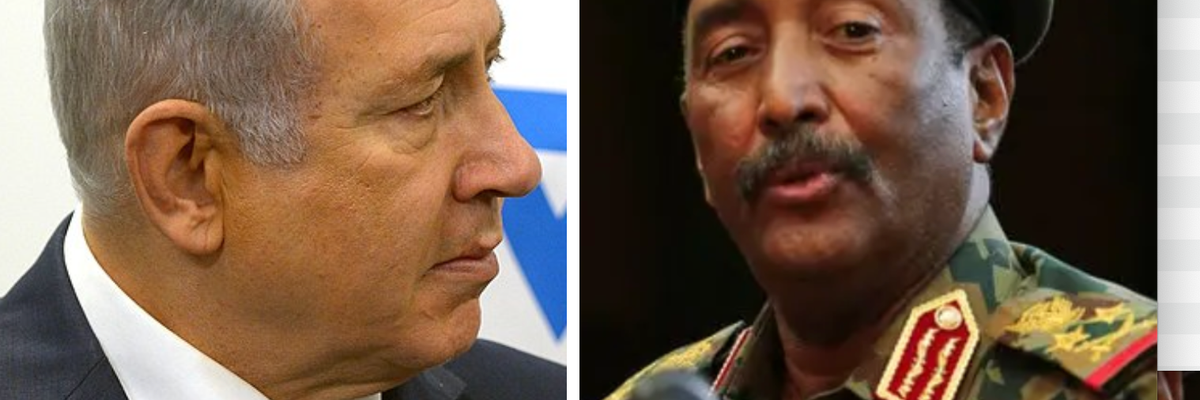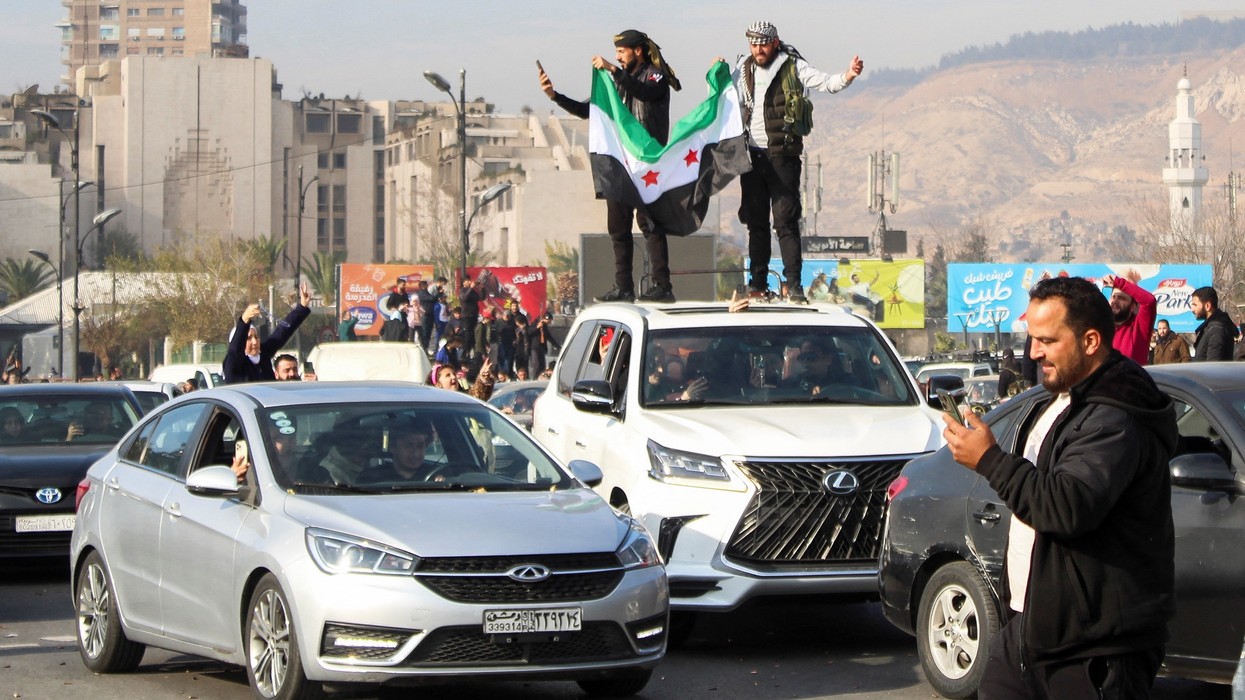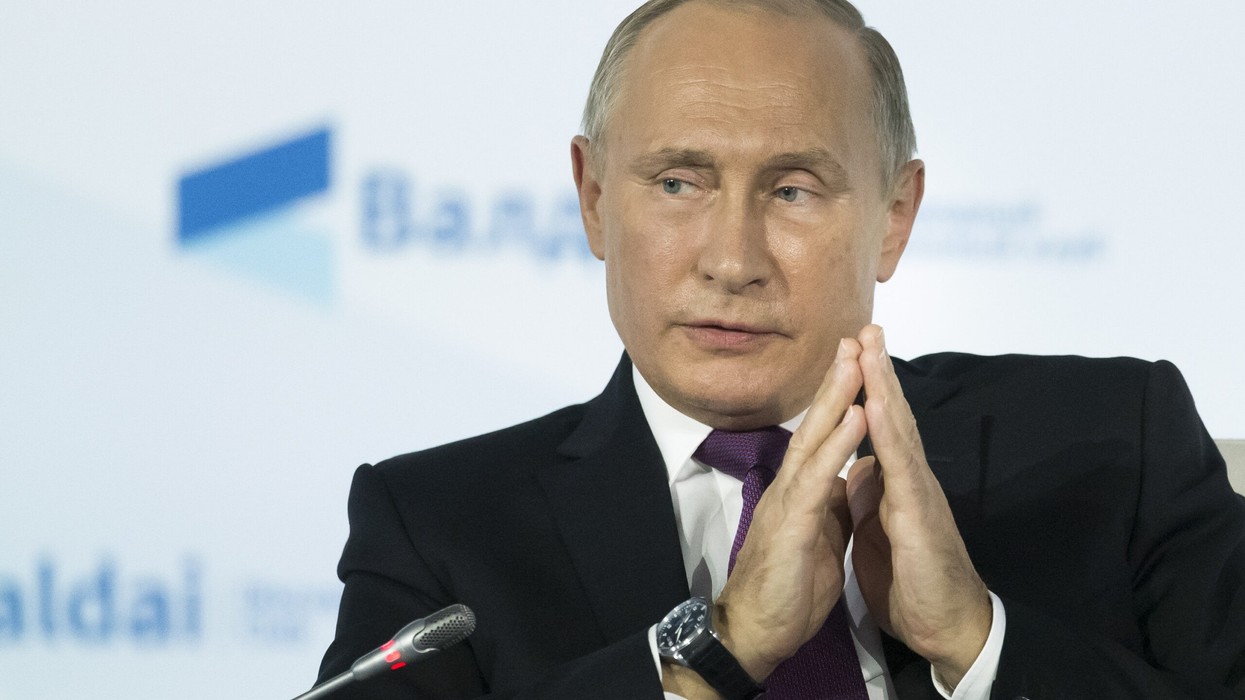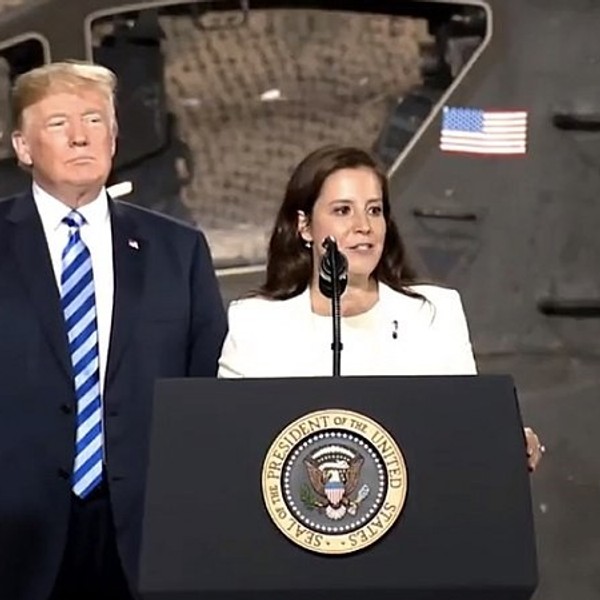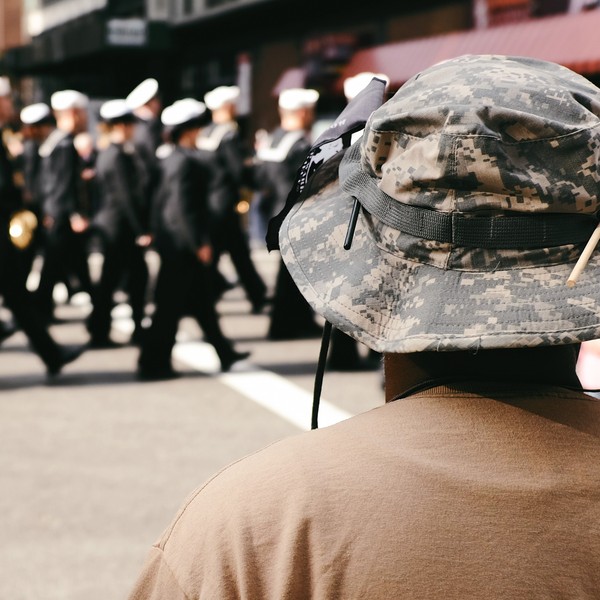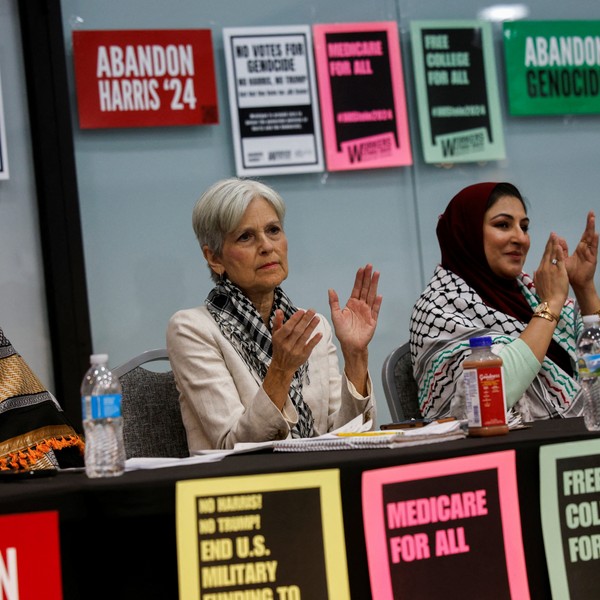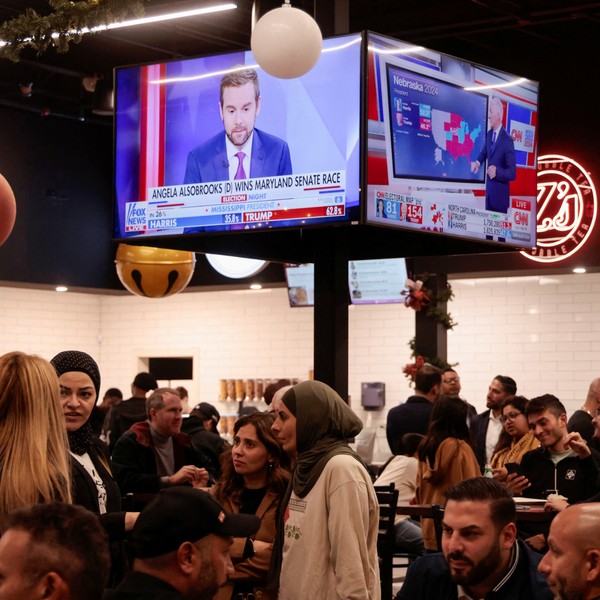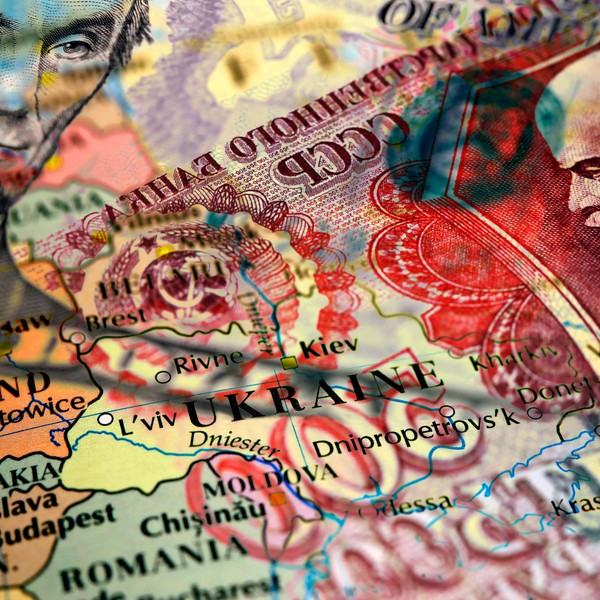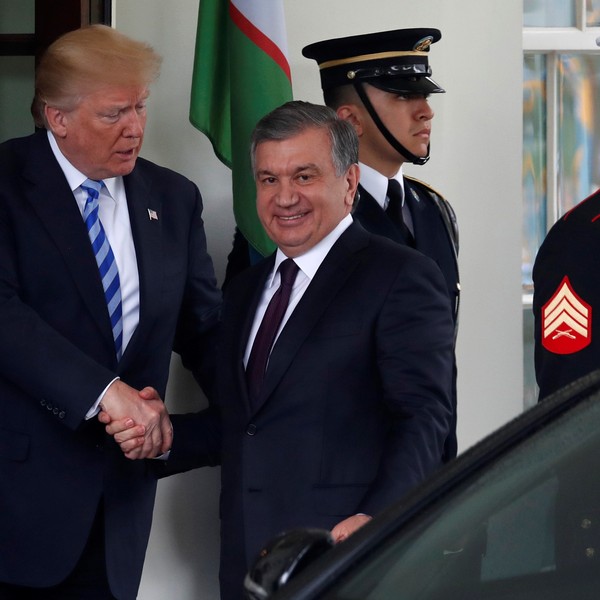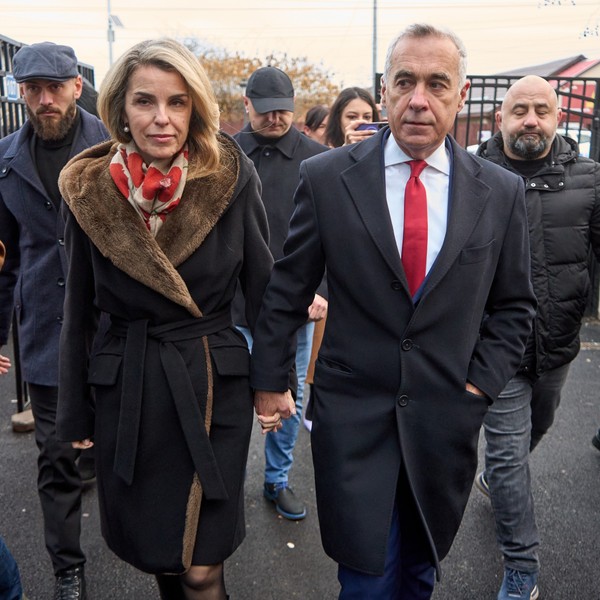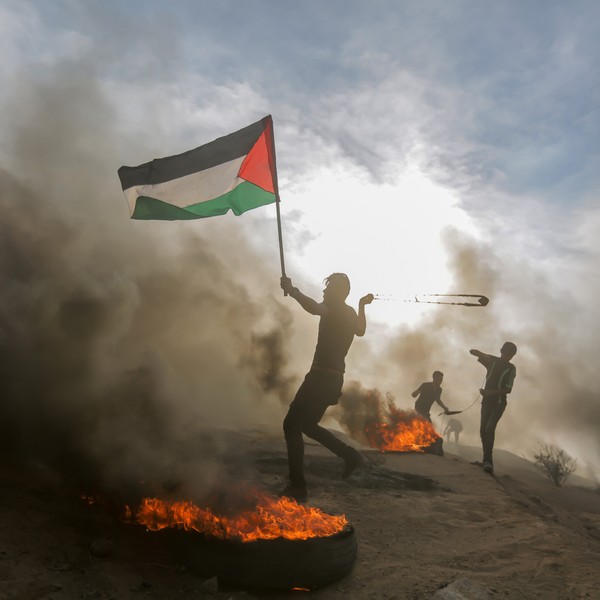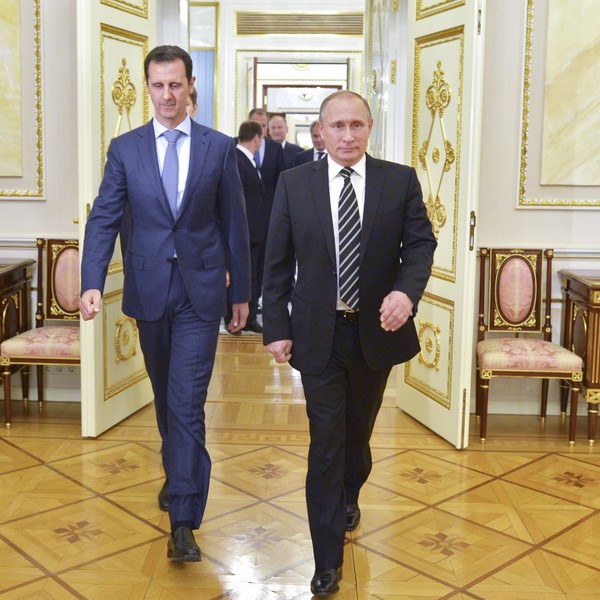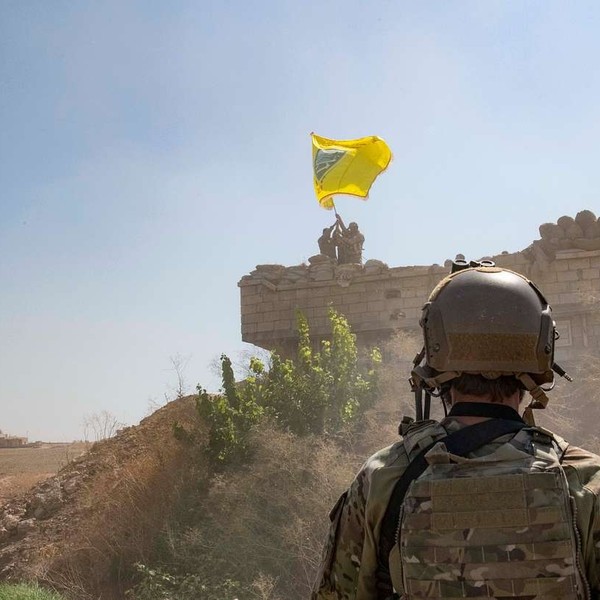Israel is a behind-the-scenes powerbroker in Sudan.
It’s long been clear that the road to peace in Sudan runs through Egypt, Saudi Arabia and the United Arab Emirates — America’s three closest Arab allies. But last month, Israeli Prime Minister Benjamin Netanyahu reminded Sudanese that he has a stake in their country too.
Speaking at the UN General Assembly in September, Netanyahu caused a stir among Sudanese when he held up two maps, ‘The Curse’ and ‘The Blessing.’ The first had Israel’s sworn enemies — Iran, Iraq, Lebanon, Syria and the Houthis in Yemen—marked in black. The second had its friends in green — among them Egypt, Saudi Arabia, the UAE and Sudan.
Shortly after that, Israeli journalist Jonathan Lis wrote that Israel was floating a possible deal to end the fighting in Gaza, in which senior Hamas leaders would go into exile in Sudan. Hamas denied it — Yahya Sinwar would rather die in Gaza than flee to safety. Thee Sudanese Armed Forces, or SAF, denied it too. But the fact that Sudan is on Israel’s radar serves brings into focus how Sudan’s war is entangled in the Middle East’s higher-profile conflicts.
In 2020, as part of a deal in which the Trump Administration removed Sudan’s designation as a state sponsor of terrorism, Sudan agreed to join the Abraham Accords. General Abdel Fattah al Burhan, head of Sudan’s sovereignty council and de facto head of state, met with Netanyahu in Kampala, Uganda. The breakthrough meeting was hosted by Ugandan President Yoweri Museveni, but it was brokered by UAE President Mohamed bin Zayed, known as MBZ. Sudan then froze Hamas assets in Sudan.
In the last days of the Trump administration, al-Burhan signed the declarative section of the Abraham Accord, in the presence of then U.S. Treasury Secretary Stephen Mnuchin. Plans for a formal signing with Israel moved slowly, with a timetable reportedly agreed only in February 2023, when Israeli Foreign Minister Eli Cohen visited Khartoum.
Al-Burhan’s deputy at the time, General Mohamed Hamdan Dagolo, known as "Hemedti" also had close ties with Israel. He developed close relations with the UAE, renting out his Rapid Support Force (RSF) units to fight as mercenaries in Yemen, whereby he also established strong links with Israel’s Mossad.
When war broke out in Sudan in April 2023, pitting the two generals against each other, Israel was in contact with both men. The Foreign Ministry leaned towards al-Burhan and the SAF, Mossad towards the RSF.
Israel’s Arab friends also backed different sides in the war. Egypt supports the SAF, in line with its tradition of backing Khartoum’s military establishment. The UAE provides extensive support to the RSF, even while the private Bank of Khartoum, which is majority owned by UAE financiers, is the main financial conduit for SAF. Saudi Arabia leans towards SAF, worried by the UAE’s destabilizing role in the Red Sea, which it considers its own backyard.
During 18 months of fighting, a succession of mediation initiatives by the U.S., Saudi Arabia, Egypt and African leaders have come to nothing. One reason for this is that each time al-Burhan agrees to meet Hemedti, or to send a delegation to do so, the leader of Sudan’s powerful Islamists, Ali Karti, vetoes the move. Washington has put Karti under sanctions for “actively obstructing efforts to reach a ceasefire.” Karti now lives in Doha.
The Sudanese Islamists have longstanding ties to Hamas, which was a member of the Khartoum-based Popular Arab and Islamic Congress from the early 1990s, where it established offices, businesses, and training camps. Hamas sourced weapons from Sudan, provoking Israeli airstrikes. Active cooperation cooled in 2014, under pressure from Saudi Arabia.
Egypt and Saudi Arabia, despite their long-standing aversion to the Muslim Brothers, have come to believe that the Sudanese Islamists can be managed and no longer pose a threat beyond their own borders. (Egypt’s recent tripartite pact with Eritrea and Somalia also embraces the Damul Jadid group, a branch of the Muslim Brothers in Somalia.) Cairo and Riyadh have been ready to see money and weapons flow to SAF from Qatar, Turkey and even Iran. But Abu Dhabi remains hostile to Islamists, so far unpersuaded by Egypt’s argument that if it can live with the Muslim Brothers next door, the Emirates should be able to do so too.
It's long been clear that a deal in Arab capitals is a prerequisite for ending the fighting in Sudan. The question is how to get there. Secretary of State Anthony Blinken has no visible interest in engaging at the high level that is needed. Initially, he put State Department Africa bureau officials in charge of the file, who are ignored by the Arab powerbrokers. While the current special envoy, Tom Perrellio, in theory reports to Blinken, in practice he doesn’t have the top-level backing needed.
When MBZ met with President Joe Biden last month, and affirmed a ”dynamic strategic partnership,” the Joint Statement included boilerplate words on Sudan’s war and humanitarian crisis.
Israel could change the equation. Even preliminary exploration of a plan to relocate Hamas to Sudan would need Israel to chart a path to a deal between al-Burhan and Hemedti. In turn, that will need a change in the military and financial equation—a credible show of force by SAF and its Egyptian backers, along with Emirati leverage on the RSF.
Whatever interests Abu Dhabi may have in Sudan, its stakes with Israel are far higher, and it has both carrots and sticks to pressure Hemedti.
The Hamas-to-Sudan story may be a straw in the wind. Even if it becomes a real prospect, Netanyahu or Hamas’s new leaders could pull out at any moment. Sudan’s generals are no pawns: they are experts at manipulating foreign patrons. But the chatter reaffirms how the fate of Sudan lies in the realpolitik of the Middle East, in the hands of states that see Sudan and its people as tokens in their power games.
- US rewards UAE bad behavior making it a 'major defense partner' ›
- Sudan is tearing itself apart and Washington lost its capacity to help ›
- The conflict in Sudan threatens to devolve into a regional maelstrom ›
